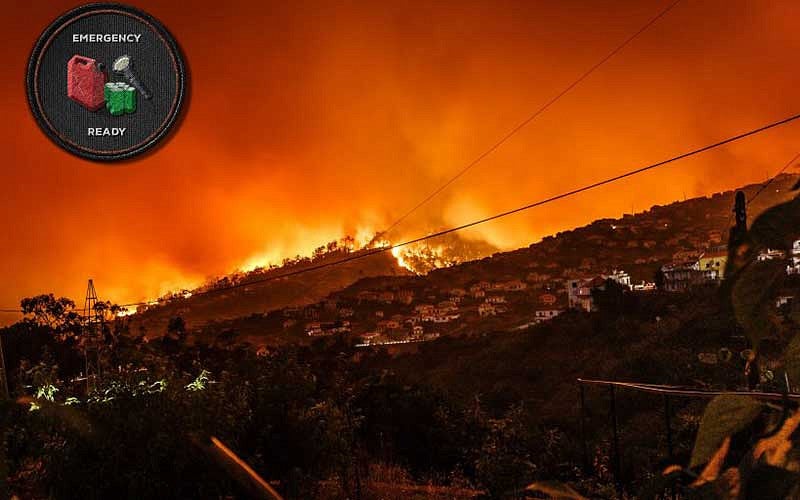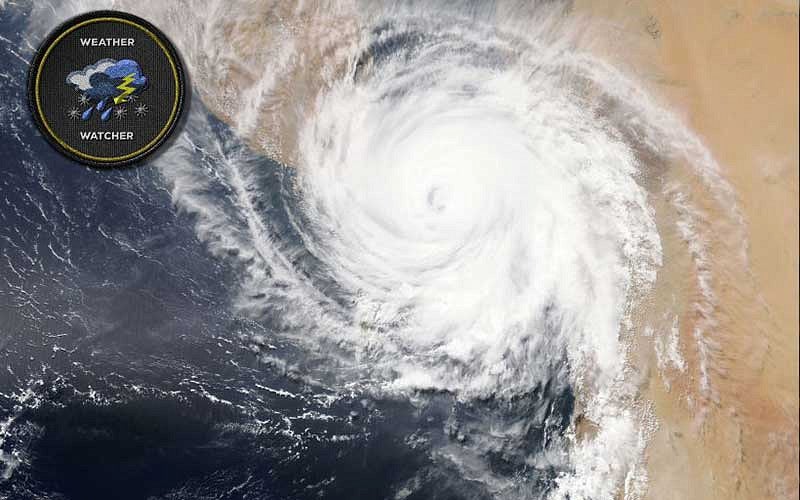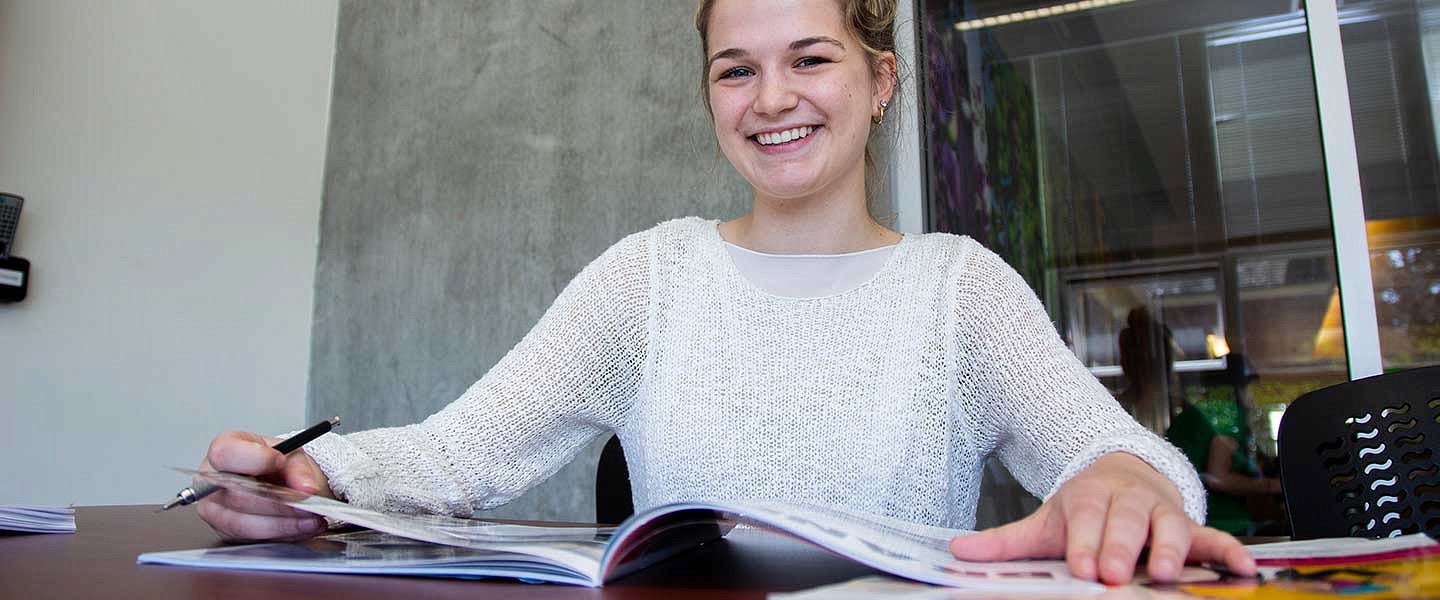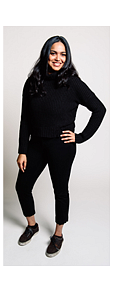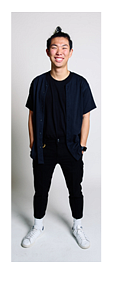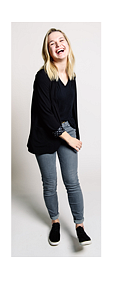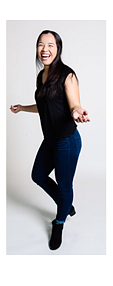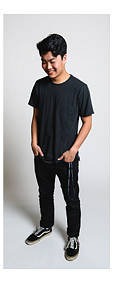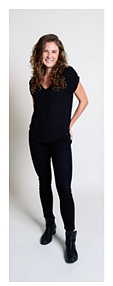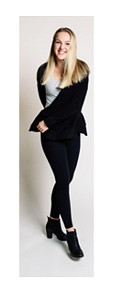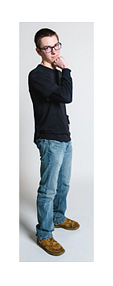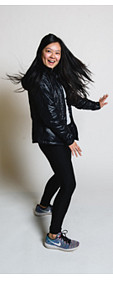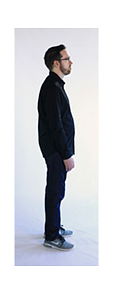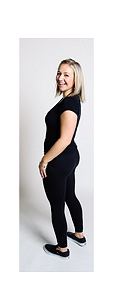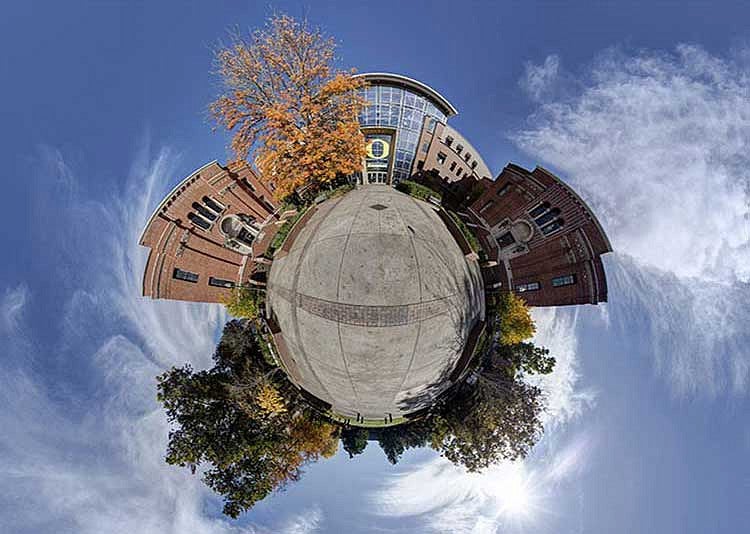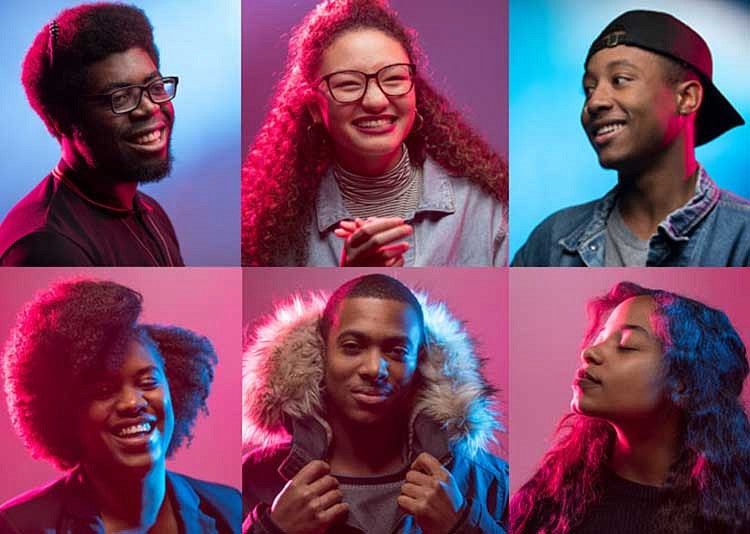Research From Two Opposing Perspectives Comes to One Conclusion: Do it Better
For Rachel Benner, a scheduling coincidence during her first year at the UO resulted in a happy accident. As a first-year student, she happened to take WGS 101 Introduction to Women’s and Gender Studies at the same time she took J 201 Media and Society. Something interesting happened; the disparity between the two—the media class lauded the infamous Dove Real Beauty campaign that showed the real bodies of women, while the gender studies class deeply criticized the same ad—not only sparked her interest but led her down a path that would result in the topic for her honors thesis and capstone paper.
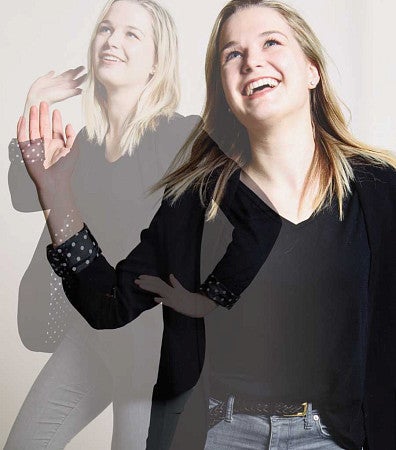
“I really wanted to make the most of the opportunity of being here at the UO and spend my time testing all the waters,” says Benner, a media studies and advertising major. “This thesis, in a lot of ways, represents me as I pieced together all my different majors and interest and types of research. To try to turn it into one project has been challenging, but very rewarding.”
For the past year, Benner has been researching the role of advertising and branding in social activism, and during the last term interviewed advertising industry professionals, from C-suite executives to freelancers. Now a senior, she wanted to explore the negative and positive role branding has in relation to cultural issues.
“There’s a difference between how scholars talk about this issue and what’s actually happening in the industry,” she says. “What I’m hoping to do is identify incentives and strategies for the advertising industry. If it’s going to continue to tackle social movements, it can at least try to do that better.”
Benner, who is also a director for Upstream Advertising, the team that will compete in the National Advertising Student Competition, decided to approach the topic from the two perspectives. Her research revealed that brands and companies have economic power and cultural real estate that can’t be changed. In fact, Benner says, it would be ridiculous for them not to use that power.
“But I think there’s a role that brands can play in elevating awareness of a movement,” she says. “Without something tangible backing up an activist campaign, like a partnership with nonprofit organizations that are on the ground or some change in the way that business practices work, messages feel extremely hollow. What I hope to have defined in my thesis is a clearer way to make that action happen. We need to use the platforms and power brands have, but there are certain criteria that brands should fulfill in order to do it right.”
“We need to use the platforms and power brands have, but there are certain criteria that brands should fulfill in order to do it right.” — Rachel Benner
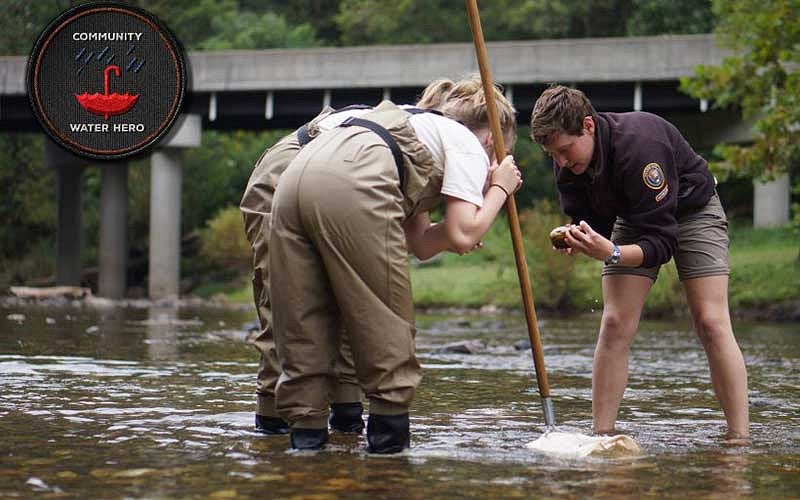


Rachel Benner and Hannah Lewman win an international competition with their idea for a new kind of scouting
Scouting groups like Campfire Girls and Boy Scouts are a tried-and-true way to teach young people new skills and an appreciation for the outdoors.
But climate change is rapidly changing our relationship with the natural world and our ability to thrive within it. What will the Scouts of the future look like?
That’s the question that UO School of Journalism and Communication students Rachel Benner and Hannah Lewman decided to address with their entry to the international What Design Can Do Climate Action Challenge. Inspired by their shared background as Scouts, the two women developed an idea called The Change Rangers that proposes a new type of Scouting to prepare young people with practical adaptation skills like water management or sustainable gardening that can make their communities more resilient.
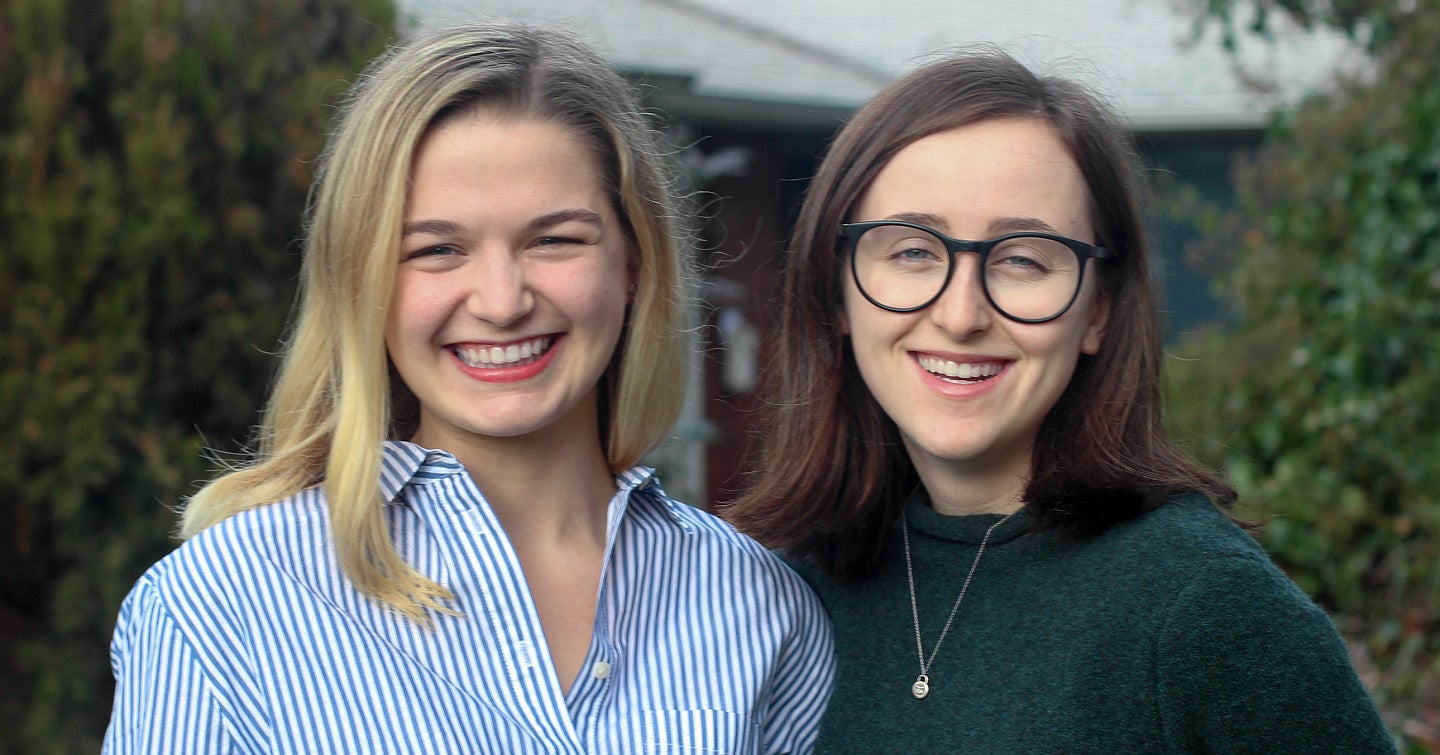
In November, the two women found out that What Design Can Do selected their idea as one of 13 winning projects worldwide out of 384 entries from 70 countries. Their prize? An all-expenses paid, five-month program to develop Change Rangers with the help of experts.
In addition to giving them business plan advice, the program is intended to expand their network of global contacts. In January, Benner and Lewman flew to Amsterdam for a week-long boot camp with the other contest finalists, a group that includes both students and seasoned professionals.
The finalists represent nine different countries; Benner and Lewman were the only ones from the United States.
“Climate change is going to be the problem of our generation, so anything we can do to tackle it with the skills that we have is worth doing.” — Rachel Benner
